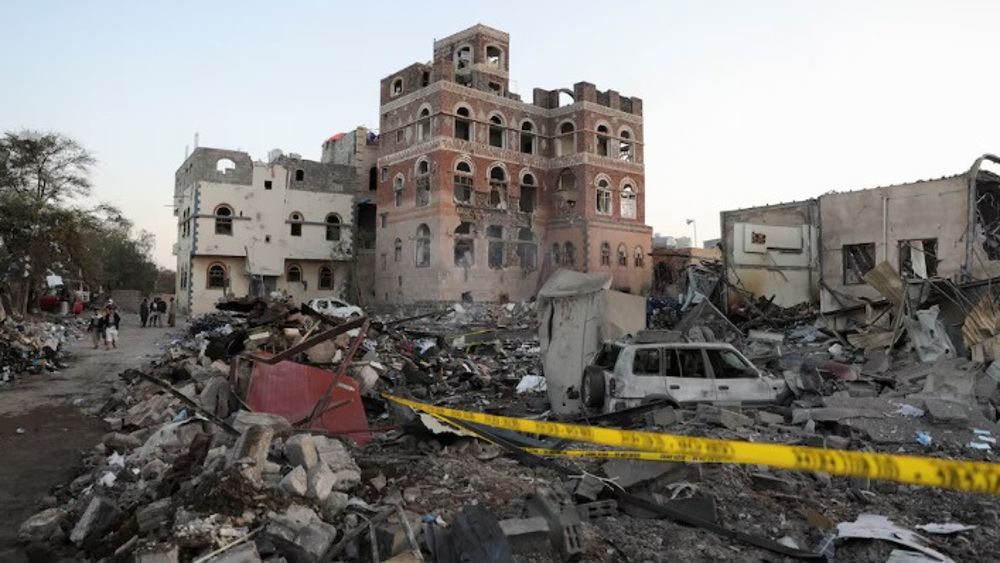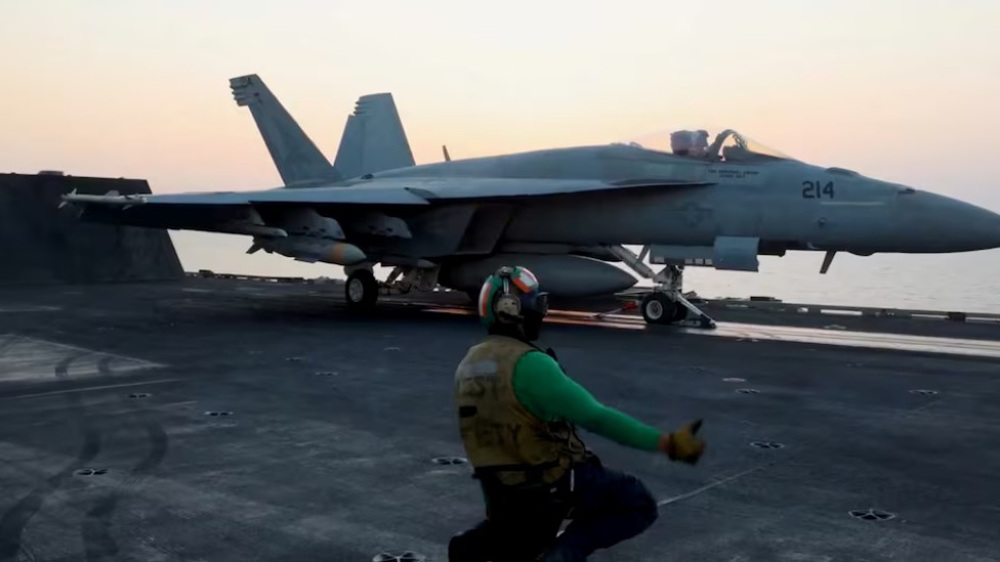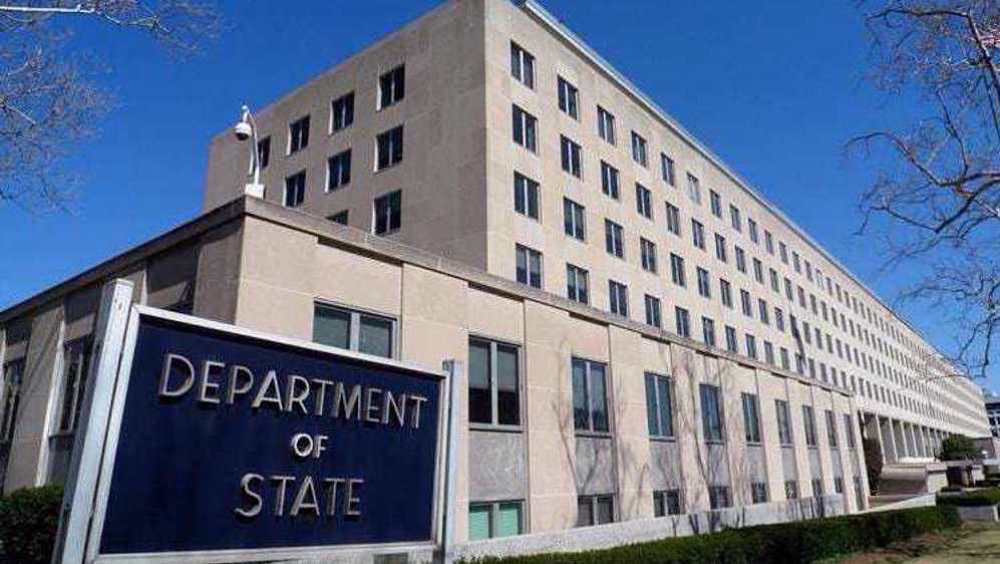US air force renewing nukes to keep up with China, Russia
The US Air Force plans to spend billions of dollars to replace its aging arsenal of intercontinental nuclear missiles in order to keep up with Russia and China, a military official says.
The force has nearly 400 intercontinental ballistic missiles (ICBMs) mostly of the Minuteman family which were first designed in 1960s, American website Military.com reported Sunday.
The decades-old missiles have reportedly been kept in silos built in the 1950s and are difficult to maintain due to a lack of replacement parts.
“The Russians, the Chinese, the North Koreans are upgrading all of their systems,” an Air Force official told AFP on condition of anonymity.
“They are upgrading all of their legs of the triad -- in that environment, I am not sure it makes sense" to do nothing, the official added.
The air force has set aside an $86 billion budget to design a new missile known as the Ground Based Strategic Deterrent (GBSD) which is said to have a 50-year life-cycle.
The first GBSD is expected to enter service in late 2020s and the rest will be deployed in the following decade.
Initial requests for proposals on the nuclear renewal were issued in July, when the air force asked major weapons manufacturers like Lockheed Martin, Northrop Grumman and Boeing to put forth their plans.
ICBMs are only one part of America’s nuclear “triad,” which also includes submarines and bombers.
Altogether, the Pentagon has planned to spend $1 trillion to overhaul its three-pronged nuclear attack force over the next 30 years.
The extravagant approach has elicited bipartisan attacks among American politicians, who question the program’s feasibility.
"We flat can't afford it. And from a priorities standpoint, it's the wrong priority in the world that we face," Democratic Representative Adam Smith told a forum in Washington last week.
He said countries like China and Russia can boast a "spectacular deterrent" with far fewer nuclear warheads.
“What they have is enough to say 'Don't screw with us, or we will obliterate you,'” he said, adding that in case of a major nuclear fight, “we're pretty much all toast anyways.”

1 killed as US keeps up deadly escalation against Yemen

US intensifies bombing Yemen amid ground invasion plans

US approves potential sale of Stinger missiles to Morocco
VIDEO | Press TV's news headlines
VIDEO | Paris rally condemns Israel, decries killing of Palestinian journalists
VIDEO | Italy's Meloni visits US to discuss Trump's tariffs as EU unity at risk
VIDEO | Syria under HTS
1 killed as US keeps up deadly escalation against Yemen
ICC sues Hungary for failing to arrest fugitive Israeli war criminal Netanyahu
VIDEO | Western coverage of Israeli war on Gaza
VIDEO | US's broken commitments







 This makes it easy to access the Press TV website
This makes it easy to access the Press TV website